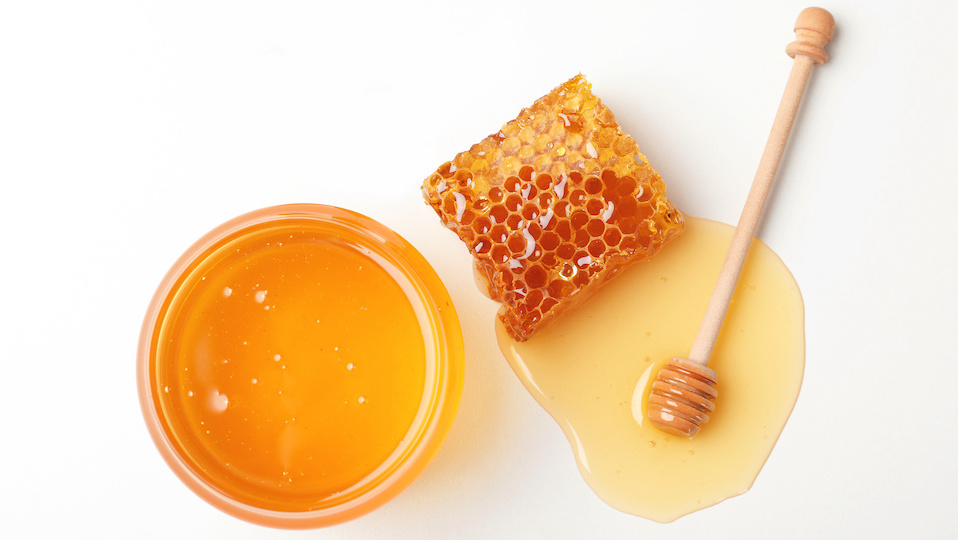Why You Need Vitamin C: Essential Benefits for Your Body
Vitamin C, also known as ascorbic acid, is a vital nutrient supporting nearly every body system. Since your body doesn’t produce or store it, you need a constant supply through diet or supplements. But why is it so important?
Boosts Immunity and Reduces Illness Duration
One of the most well-known benefits of vitamin C is its role in immune function. It stimulates the production of white blood cells (lymphocytes and phagocytes), which help protect your body against infections. While it won’t prevent colds, studies suggest it can reduce the severity and duration of symptoms, helping you recover faster.
Supports Skin Health and Wound Healing
Vitamin C plays a significant role in collagen production, a protein necessary for maintaining skin elasticity, wound healing, and overall tissue repair. A deficiency can lead to dry, damaged skin and slow injury recovery. This is why vitamin C is a key ingredient in many skincare products.
Aids Iron Absorption and Prevents Anemia
Vitamin C enhances iron absorption, especially from plant-based sources like spinach and lentils. If you struggle with low iron levels or anemia, pairing iron-rich foods with vitamin C-rich foods can significantly improve absorption and energy levels.
Acts as a Powerful Antioxidant
As an antioxidant, vitamin C helps combat oxidative stress caused by free radicals—unstable molecules contributing to aging and chronic diseases, including heart disease and cancer. Vitamin C helps protect your cells from damage by neutralizing these harmful molecules.
Promotes Heart Health
Research suggests that vitamin C may help lower the risk of heart disease by reducing blood pressure and improving blood vessel function. It helps keep arteries flexible and reduces inflammation, key factors in preventing cardiovascular issues.
Supports Brain Health and Reduces Cognitive Decline
Vitamin C plays a crucial role in brain function by protecting nerve cells from damage and reducing inflammation. Some studies indicate that higher levels of vitamin C are associated with a lower risk of neurodegenerative diseases such as Alzheimer’s and dementia.
Helps Maintain Healthy Bones and Cartilage
Vitamin C contributes to the formation and maintenance of bones, cartilage, and connective tissues. It is especially important for aging adults, as it helps protect against osteoporosis and joint degeneration.
May Play a Role in Cancer Prevention and Treatment
Emerging research suggests vitamin C might help reduce the risk due to its antioxidant properties. Additionally, high doses of vitamin C are being studied for their potential role in selectively targeting and weakening cancer cells while leaving healthy cells intact.
How to Get Enough Vitamin C
To reap the full benefits of vitamin C, include a variety of fresh fruits and vegetables in your diet. Some of the best sources include:
- Citrus fruits (oranges, lemons, limes, grapefruits)
- Berries (strawberries, blueberries, raspberries)
- Bell peppers (especially red bell peppers, which contain more vitamin C than oranges!)
- Broccoli, Brussels sprouts, and spinach
- Tomatoes and potatoes
The recommended daily intake of vitamin C varies by age and gender, but for most adults, it’s around 75–90 mg per day. Smokers and those under high stress may need more, as smoking and stress deplete vitamin C levels.
Should You Take a Supplement?
If you struggle to get enough vitamin C from food, a supplement can help, but whole foods are the best source because they provide additional nutrients and fiber. Since vitamin C is water-soluble, your body flushes out excess amounts, making it difficult to overdose – though very high doses (over 2,000 mg) may cause stomach upset.







